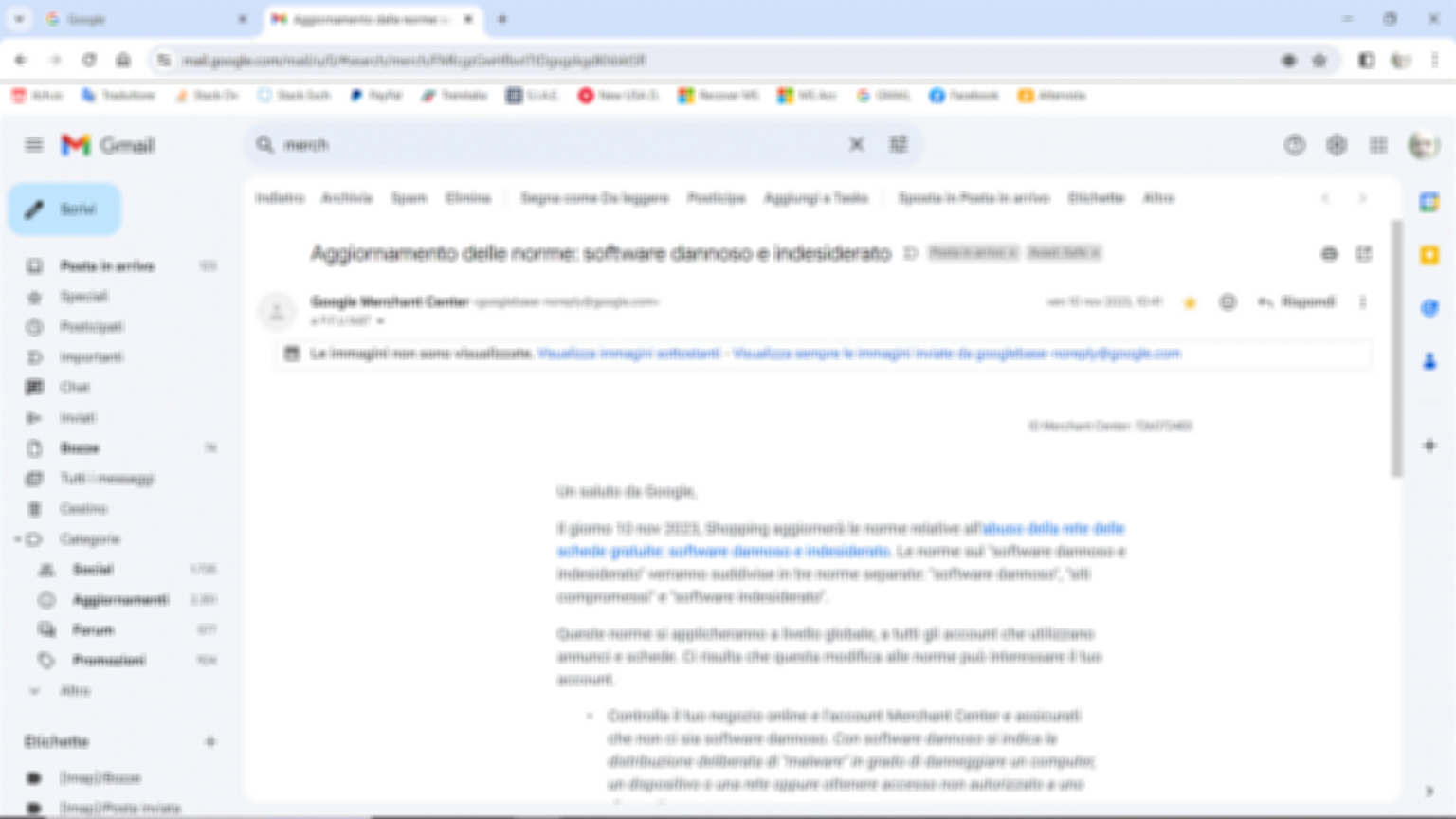This seems to be a language problem. It seems to have started here:
You.
I'll also add you to the people I follow.
Me.
Following is for people that publish stuff. I do not publish stuff.
You.
Look, you misunderstood. I do not pass my information on to others. I'm not a hacker. I am against all information theft
Maybe try different translator pages. Whatever comes up on DuckDuckGo or Bing maybe. Just enter translator. If Google made you think I accused you of being a hacker, other misunderstandings are bound to happen eventually. You can also put the output of one translator in the input of the other and translate back and forth to see, if it sounds funny or changes meaning.
To reiterate my statement: "Following" is only useful if the followed account publishes things. I do not publish.
I am indifferent to your business. It does not concern me. I play games. You make accountant software. We have no common connections besides posting in a public forum.


